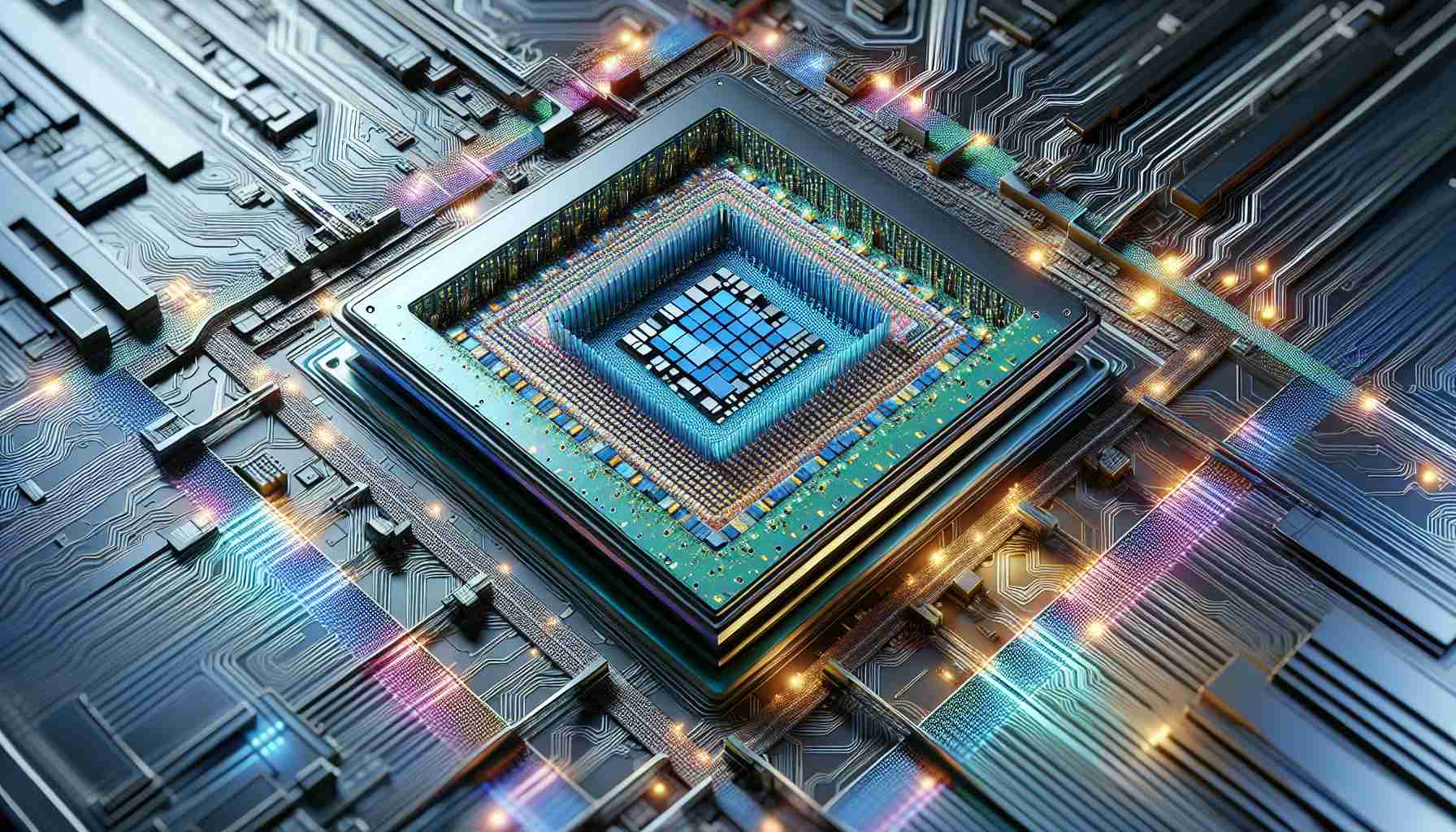Processors, also known as central processing units (CPUs), are the brain of any computing device. They have a significant impact on the overall performance and capabilities of a computer. Over the years, processor technology has advanced rapidly, offering faster speeds, improved power efficiency, and enhanced functionalities. In this article, we will explore the latest developments in processor technology and their implications for the computing world.
Newest Processors Unveiled
The tech industry is constantly evolving, and major processor manufacturers are continuously pushing the boundaries of what is possible. Here are three of the latest processors that have caused a buzz in the market:
1. AMD Ryzen 5000 series: AMD’s Ryzen 5000 series processors are built on the Zen 3 architecture, delivering powerful performance and impressive energy efficiency. With up to 16 cores and a significant boost in instructions per clock (IPC) performance, these processors are ideal for demanding tasks such as gaming, content creation, and heavy multitasking.
2. Intel 11th Gen processors: Intel’s 11th Gen processors, codename “Tiger Lake,” are designed for laptops and offer improved computing power and graphics performance. With integrated Iris Xe graphics, these processors provide excellent visuals and enhanced AI capabilities, making them suitable for both work and play.
3. Apple M1 chip: Apple’s M1 chip represents a significant shift in processor technology for Mac computers. Built on Apple’s own ARM-based architecture, the M1 chip offers impressive performance, power efficiency, and seamless integration with macOS. It has garnered praise for its transformative impact on the MacBook Air, MacBook Pro, and Mac mini.
The Benefits
The latest processor technology brings several benefits to users, including:
1. Improved performance: With advancements in processor technology, users can experience faster and more responsive computing. Applications load quicker, multitasking becomes smoother, and even resource-intensive tasks run more efficiently.
2. Enhanced power efficiency: Newer processors are designed to be more energy efficient, resulting in longer battery life for laptops and reduced power consumption for desktops. This contributes to environmental sustainability and cost savings for users.
3. Advanced features and capabilities: The latest processors often come with enhanced features such as integrated graphics, AI accelerators, and improved security measures. These functionalities open up new possibilities for gaming, content creation, machine learning, and other resource-intensive tasks.
Frequently Asked Questions (FAQ)
- What is IPC?
- Are the latest processors backward compatible?
- Which processor should I choose for gaming?
IPC stands for Instructions Per Clock. It measures the number of instructions a processor can execute in a single clock cycle. Higher IPC results in improved overall performance.
Backward compatibility depends on the specific processor and its architecture. Generally, newer processors are backward compatible with older software and operating systems, although some features may not be fully utilized.
Both AMD Ryzen and Intel processors offer excellent gaming performance. The choice depends on your budget, specific requirements, and compatibility with other hardware components. It is recommended to research and compare benchmarks before making a decision.
In conclusion, the latest processor technology represents a significant leap forward in terms of performance, power efficiency, and advanced features. With ongoing advancements, computing experiences are becoming increasingly seamless and powerful, unlocking new possibilities for a wide range of applications.
The source of the article is from the blog elperiodicodearanjuez.es
